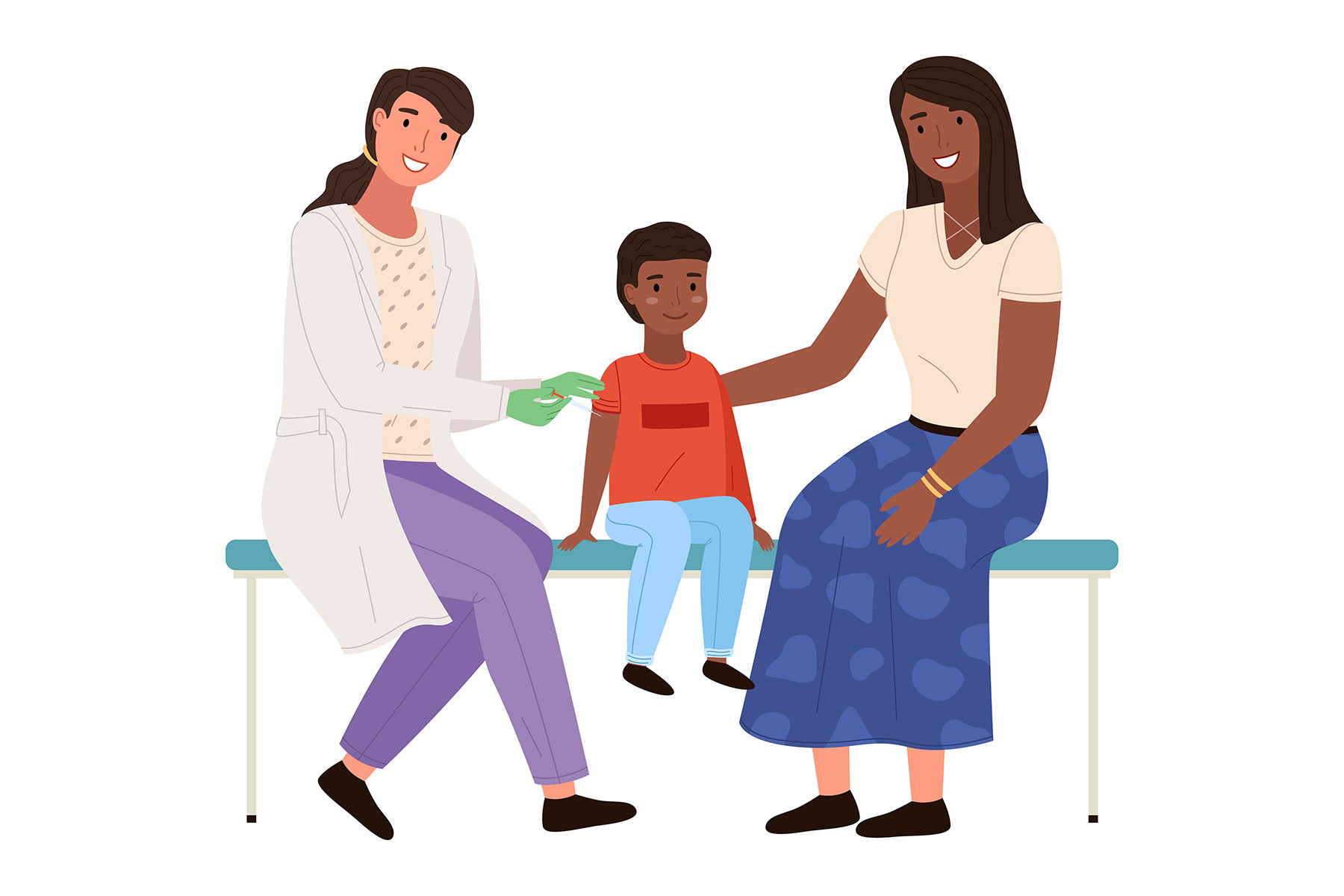Featured Image: robuart on Shutterstock
What is paediatric nursing?
When people ask me what it is like being a paediatric nurse, it can be difficult to summarise all the varying elements, as no two days are the same. It is often referred to as caring for children from birth to 18 years old.
However, more recently there has been extension and inclusion of youth and young adults as they transition into the adult health care systems. People often view children as “little adults” however, the reality is very different.
Children present with their own unique make, build, and personalities that require nurturing and guidance. They are a vulnerable population as they cannot always advocate for themselves and require assistance from carers and loved ones around them.
Family-centred care and working in partnership with families and those who support children are essential to caring for children. Paediatric nursing requires a unique set of knowledge and skills to achieved desired outcomes and must always include holistic and creative mindset.
A day in the life of a paediatric nurse
An average shift on an acute paediatric ward can look different from day to day, however, the underlying principles and routine mostly remain the same. Staff receive a handover briefing with further details being shared at a bedside handover where families are either involved or sleeping from a restless night.
Young children are up early, whereas teenagers prefer to snooze much longer, often rolling out of bed closer to noon, and over halfway through the day shift. For those who are awake, breakfast is given, medications administered, and the day begins with a ward round of doctors and other health professionals who have come to review children’s progress and work towards getting them home.
Nursing care that needs to be delivered during the day includes taking vital signs, wound dressings, medications, and monitoring pre- and post- procedures. It is essential for nurses to develop trust and effective communication with the child and their family to allow for smooth interventions and a good experience.
Apart from nursing care that needs to be carried out, clown doctors make rounds to help make the children laugh and play, distracting them from the time spent in their bed and aiming to improve both the child and family’s overall mood. The clown doctors come along and chat with families and staff.
Play therapists dedicate their day to seeing each child on the ward, using their time to plan activities and make sure each child has age-appropriate play, toys, and connection. This is a great relief for parents who might use this time to have a shower or freshen up after a long night or admission.
Family and friends will visit the children bringing balloons, food, gifts, and toys, sharing love and kindness by showing up as their supporters. There are many gift baskets, flowers, classroom get-well cards, and vouchers shared with the children whose faces light up when they see just how valued they are.
Children who are in the hospital for extended stays are offered schoolwork appropriate for their age by either making the journey to the onsite classroom or having a visitor from the school at their bedside. At my workplace, there is a playroom dedicated to children coming into the hospital, both inpatients and visitors, full of games, crafts, and friendly staff. Volunteers dedicate their time to interacting with children, reassuring families, and generally promoting positivity throughout the hospital.
From the outside looking in, being a paediatric nurse all seems very happy and fun – a hospital ward as a place where nurses can care for and play with children and where they are showered with love and gifts. However, this is not always the case. There are children who are admitted for undesirable reasons, children who do not have any family staying with them or visitors coming throughout the day, children who have been taken away from their carers, and children who, no matter how hard staff try, are not happy in their hospital stay.
Children experience pain and cry to express themselves. They do not always understand why a procedure needs to be done or why a nurse is holding them down to put something in their arm. There are lots of “sorry!”, frustrations, and feelings of guilt from both carers and staff. There are long-termers, repeated admissions, and unexpected losses which make nursing children a unique and emotionally burdensome experience.
Although there can be times which are not as good as others, most of the days are spent in a positive way. Being a paediatric nurse is rewarding and touches the lives of many children and families. Whether it be making sure the Easter bunny visits bedsides, or making an elephant out of a plastic glove, each day is different and brings joy to nurses and, hopefully, those they care for. It is difficult to work with children and not smile, and overall, a new appreciation and perspective for life is gained.
Do you have a role in nursing that people would want to know more about the day to day of? Our NurseClick blog is running a ‘Day in the life’ series to showcase the different ways nurses contribute their specialist skills to the community. You can contact publications@acn.edu.au if you would like to contribute your own experience of a day to day in nursing!
Tegan Putsey MACN
Tegan is a Registered Nurse and Midwife with 13 years’ experience in the paediatric and maternity acute settings. She has enjoyed providing family-centred care to babies, children, and women, and is carrying on her passion for teaching, learning, and education in her current academic role.






